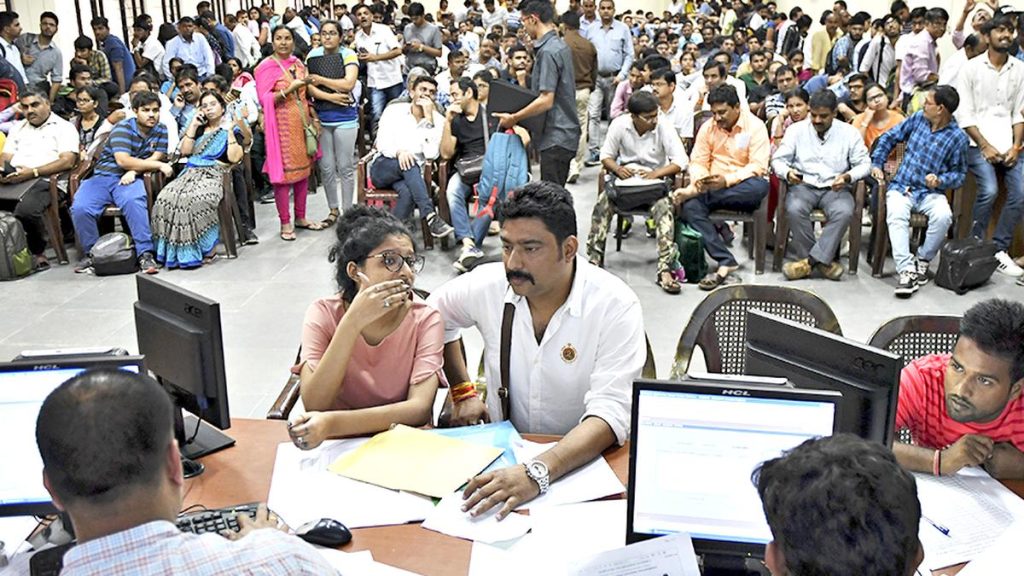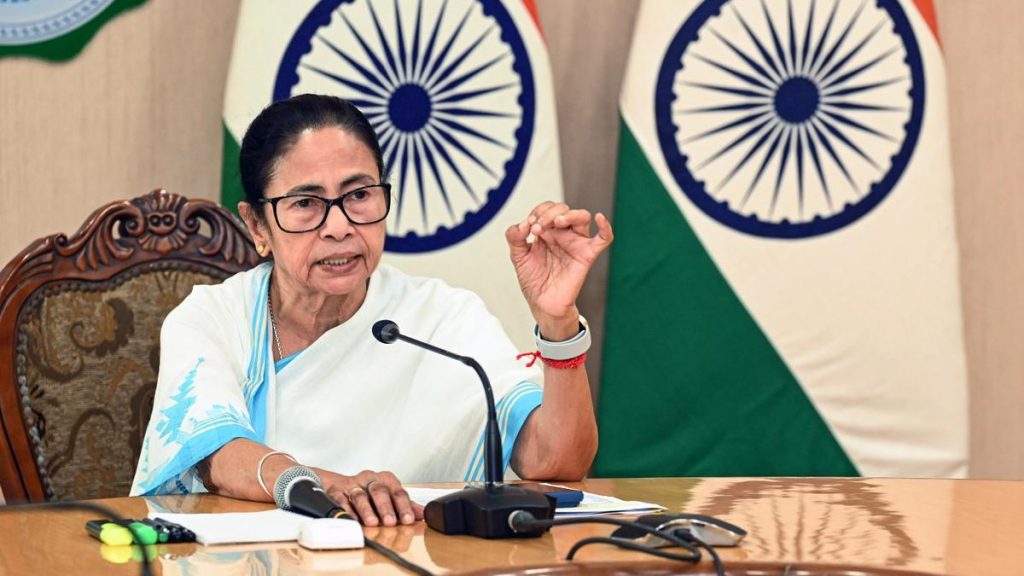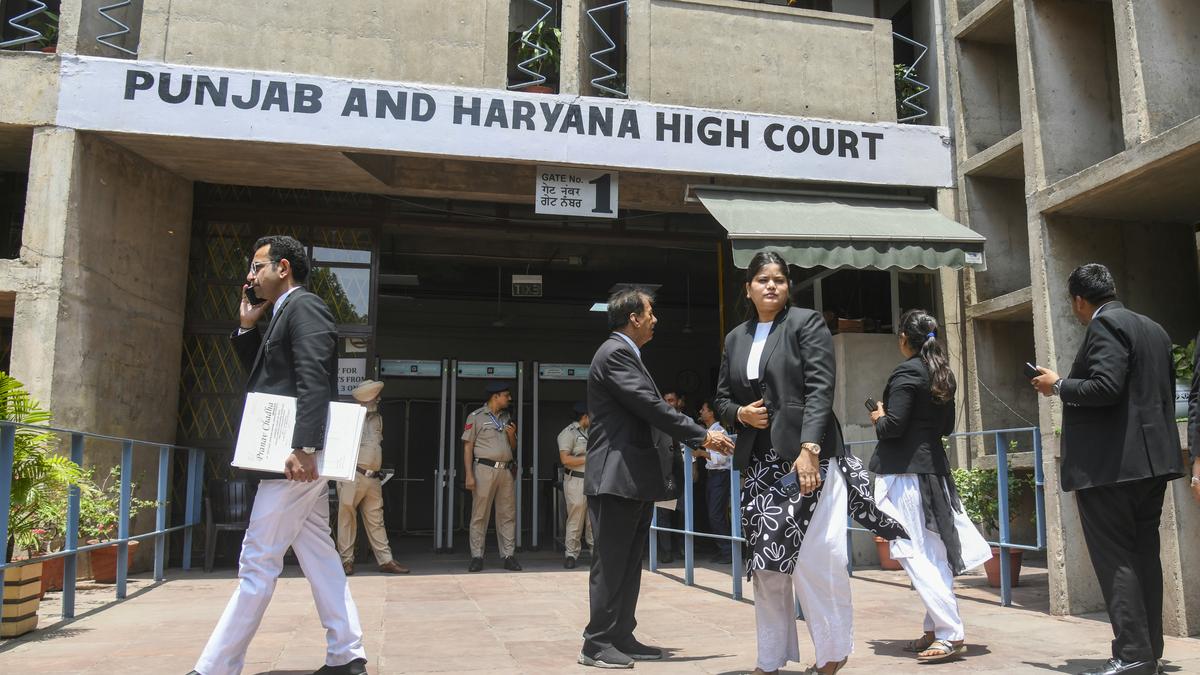Now Reading: Vantara Pledges Cooperation with SIT Following Supreme Court Order
-
01
Vantara Pledges Cooperation with SIT Following Supreme Court Order
Vantara Pledges Cooperation with SIT Following Supreme Court Order

### Fast Summary
– Reliance Foundation’s zoological rescue and rehabilitation center, Vantara, has pledged full cooperation with the Supreme Court-appointed Special Investigation Team (SIT) investigating allegations of non-compliance with laws and acquisition of animals from India and abroad.
– The SIT, headed by former supreme Court judge J. Chelameswar, was constituted by a bench of Justices Pankaj Mithal and P.B. Varale on August 25, 2025.
– The investigation was prompted by two Public Interest Litigations (PILs) citing media reports, social media posts, and complaints from NGOs alleging irregularities at Vantara regarding compliance with wildlife laws and acquisition practices-notably involving elephants.
– Vantara issued a statement affirming its commitment to clarity, legal compliance, animal welfare priorities, and collaboration with investigators while discouraging speculation during the inquiry process.- The Supreme Court clarified that appointing the SIT does not imply any judgment or doubt over Vantara’s functioning or other related statutory authorities.
– The SIT will examine issues such as adherence to wildlife protection laws in India; rules for zoos; international treaties like CITES; import-export regulations for live animals; and overall statutory compliance.
—
### Indian Opinion Analysis
The formation of an apex court-appointed SIT marks a significant step in addressing concerns raised regarding possible irregularities within India’s wildlife care framework. By ensuring strict evaluation against national laws like the Wild Life (Protection) Act as well as international conventions such as CITES governing trade in endangered species globally, this investigation could enhance accountability within zoological institutions.
Vantara’s public assurance of cooperation exhibits maturity in handling what could be contentious allegations while reiterating dedication to animal welfare-a sentiment critical in calming public skepticism amid scrutiny. As NGOs play vital roles advocating for transparency in environmental matters nationally, this case might set broader precedents on institutional responsibilities pertaining to both domestic regulatory frameworks and cross-border obligations concerning live animal handling.
However neutral authority checks alongside thoughtful execution minimizing interruptions into daily operational tasks remains essential-even safeguarding ongoing ethical-care-interest communities surrounding reliant rescues/zones majorly benefits throughout subsequent inquiry outcomes comprehensively evolve clarity finally proving foundation safeguards truly resilient independent governance bodies intended resolving disputes peacefully rational towards larger purposes task-oriented equipping tools ever-ready watchdog alignments encourage voluntary lawful initiatives reshaping ecosystem environments symbiotically adapt maintaining biodiversity assets diversify enduring effectively poised tomorrow thrive promoting neither reclusive-threatening development fermentation collaborations humanitarianism societal coherency.

























